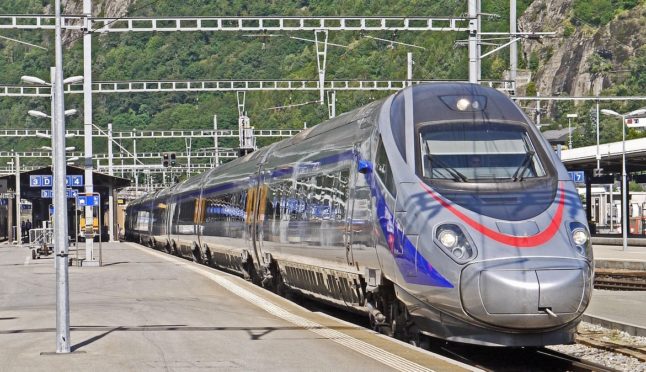That’s the opinion of newspaper Le Temps on parliament’s decision to adopt a ‘light’ interpretation of the February 2014 anti-immigration initiative.
The paper was among many voices in the Swiss press to question the outcome of the heated debate on the subject in the lower house yesterday, which some MPs said was unconstitutional.
In its decision, parliament voted to maintain the free movement of people and its related bilateral agreements with the EU rather than implement fixed immigration quotas as voted for, in principle, by the Swiss people in the legally-binding 2014 referendum.
In doing so it judged that, though the people voted for immigration curbs, they did not vote to end Swiss-EU bilaterals – a “defendable” but “incomplete” stance, said the paper.
“The question of conformity with the constitution must be settled,” it said.
Others were harsher still.
The government has “capitulated”, said the Tages Anzeiger, and the lower house decision “must not be the last word” on the matter.
“Since the adoption of the immigration initiative Bern has been attempting the impossible: to implement the referendum and maintain the bilateral agreements,” wrote home affairs journalist Daniel Foppa.
“Yesterday the lower house capitulated… and decided on a solution that does not allow for the independent regulation of immigration. Whoever says otherwise is consciously leading the public astray.”
And in the Berner Zeitung Peter Meier said the referendum was “deliberately ignored” and what parliament has decided “has nothing to do with the constitutional mandate”.
Others were more moderate. Der Bund acknowledged that the situation was complicated, with the majority of the electorate wanting to both curb immigration and maintain the bilaterals.
Indeed, a May survey showed that most Swiss wanted the country to reinstate border controls without sacrificing Switzerland’s relationship with the EU.
Der Bund suggested the ‘light’ proposal could be a temporary solution to buy Switzerland time until the EU has dealt with Britain, which finds itself in a similar situation following the Brexit vote.
“Only when Brussels and London agree on the implementation of the referendum on the United Kingdom’s membership of the European Union will serious talks with Bern be possible once again.”
“Only then will we know if there is a chance of joining the EU common market without applying full freedom of movement”.



 Please whitelist us to continue reading.
Please whitelist us to continue reading.
Member comments